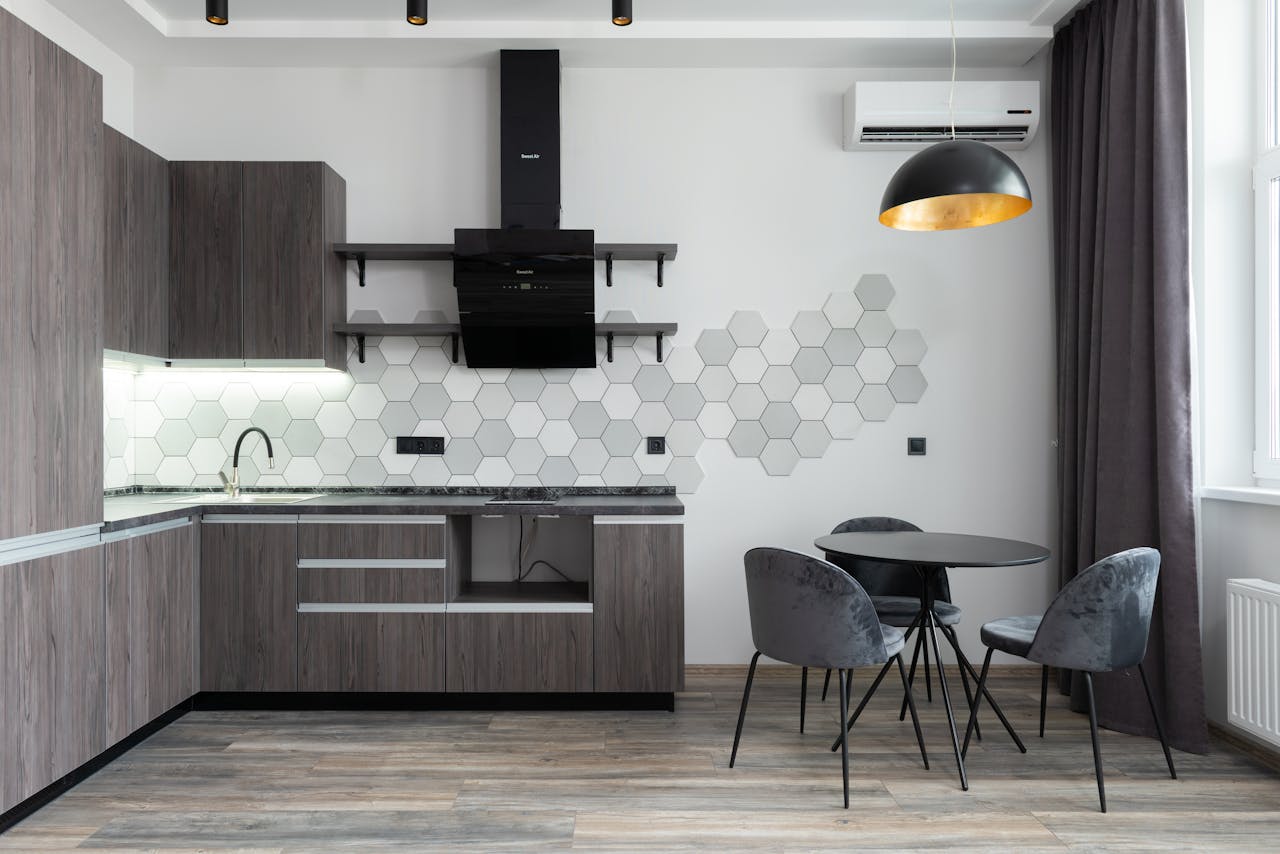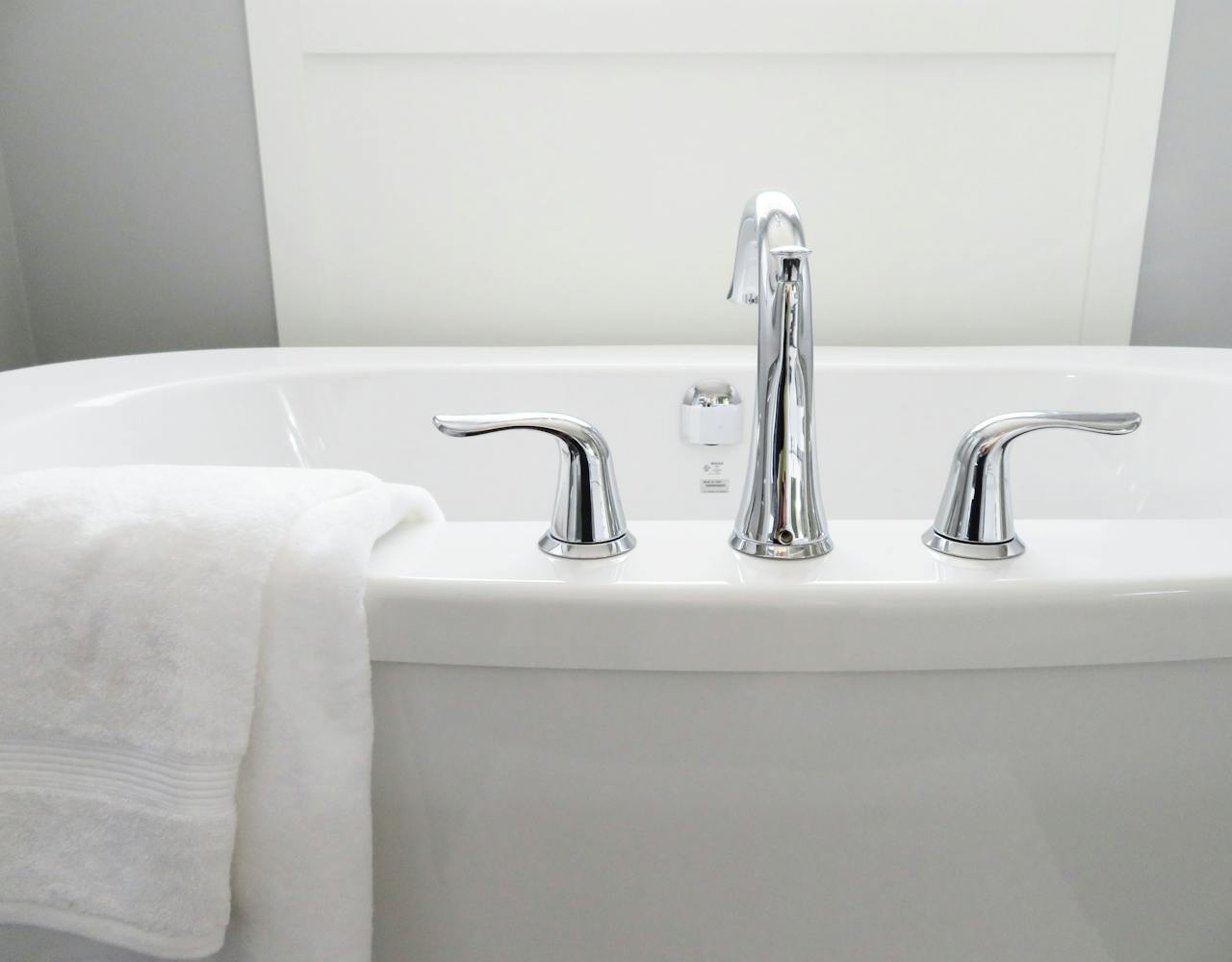Underfloor heating is an increasingly popular choice for maintaining a warm, comfortable home while freeing up wall and floor space from traditional radiators. However, when deciding between electric or water underfloor heating systems, significant differences in energy efficiency, installation costs, and performance must be considered. Below, we break down these key factors to help you make the best choice for your space.
Energy Efficiency
When assessing energy efficiency, both electric and water underfloor heating have positive attributes, but their effectiveness depends heavily on specific circumstances. Electric systems are often praised for their ability to heat up quickly, making them suitable for short-term use in smaller spaces. However, they can become less efficient over time due to the higher cost of electricity compared to other energy sources.
On the other hand, water-based systems excel in efficiency, especially when used in larger spaces for sustained heating. Once heated, the system retains warmth longer, reducing energy consumption over time. Furthermore, pairing a water underfloor system with renewable energy sources, such as solar panels, significantly increases its efficiency and reduces operational costs. Regardless of the system you choose, factors such as insulation quality and room size heavily impact energy performance. Adding smart thermostats can optimise energy usage by automatically adjusting heating settings based on room occupancy and weather conditions.
Installation Costs
Installation costs are one of the key factors that differentiate electric and water underfloor heating systems. Electric systems are generally less expensive to install because they require fewer components and less labour. The heating mats or cables used in these systems can often be installed directly under the flooring with minimal disruption.
Conversely, water underfloor systems involve a more complex installation process due to the integration of pipes, a manifold, and a boiler. Professional plumbing work is necessary, which increases initial costs. However, while electric systems may appear more appealing due to their lower upfront expenses, it’s crucial to factor in the long-term costs. Water systems, although more costly to set up, can have lower running expenses because they are powered by more affordable energy sources, such as gas or renewable energy.
Performance and Heating Capabilities
Performance is another significant factor, and the way heating is delivered varies between electric and water systems. Electric underfloor heating is excellent for rapid, on-demand heating. It tends to warm up quicker than water-based alternatives, which makes it ideal for smaller rooms like bathrooms or kitchens. However, its heat distribution may not be as consistent across larger spaces.
Water-based underfloor systems, in contrast, are designed for gradual and uniform heat distribution. This makes them exceptionally effective for heating entire homes or larger areas where maintaining a steady temperature is important. Additionally, water systems work well with a variety of floor types, such as tile or laminate, which conduct heat efficiently. Both systems offer the flexibility of zoning, allowing you to control heating in different areas independently, which adds a level of customisation to suit your home’s layout.
Choosing the Right System
To decide between electric and water underfloor heating, consider your home’s specific needs, the size of the area you wish to heat, and your long-term budget. Electric systems are ideal for smaller rooms and situations where quick, occasional heating is required. Water systems, while involving a higher initial investment, provide greater efficiency and are well-suited for larger spaces and ongoing use.
Both options can significantly enhance your home’s heating experience when paired with the right infrastructure and energy sources. By evaluating factors such as your property size, available energy sources, and insulation quality, you can make an informed decision that balances comfort and cost-effectiveness.



